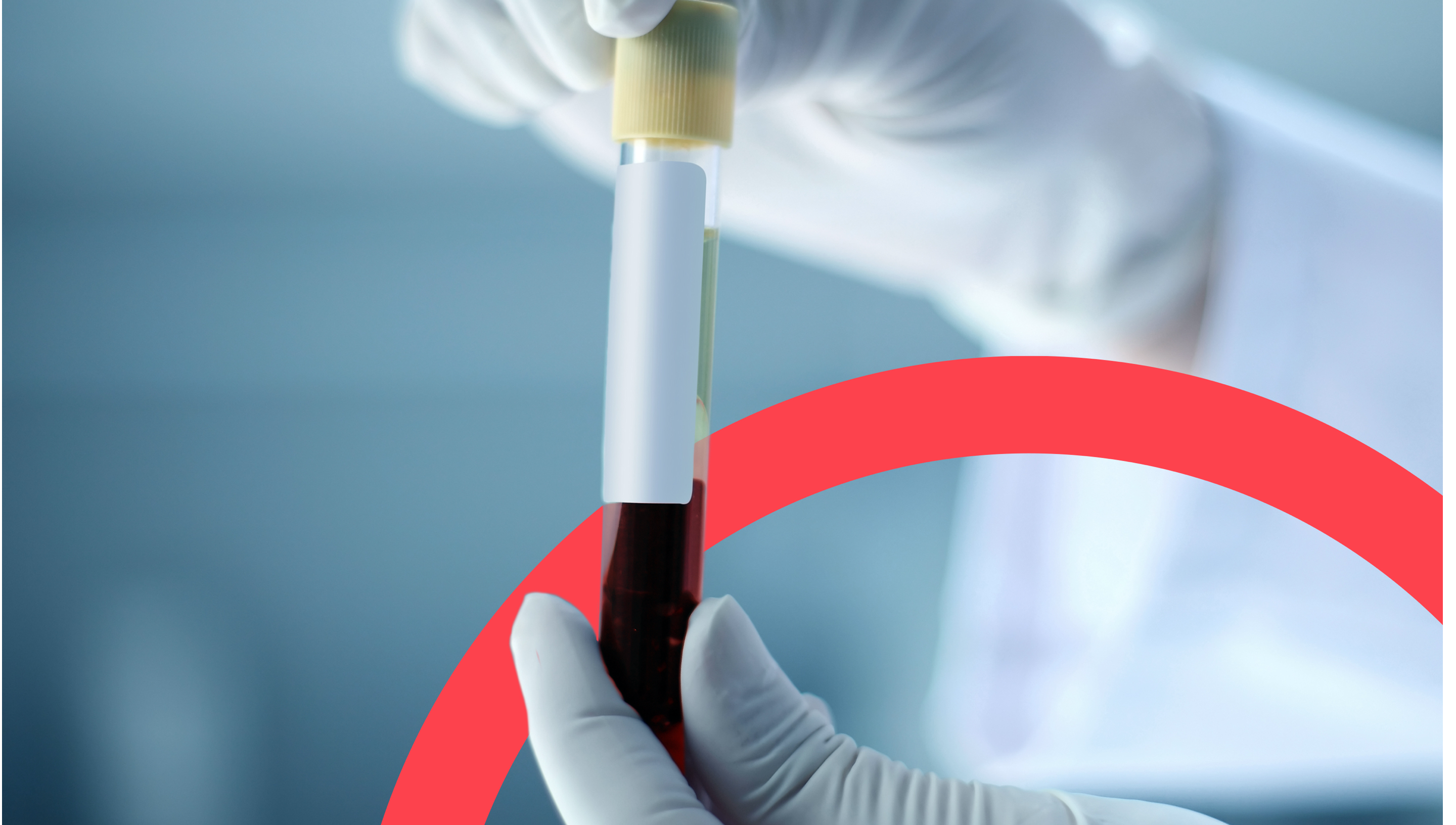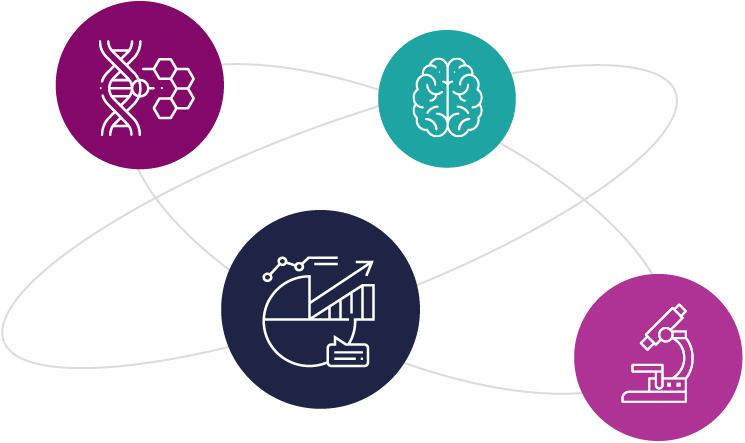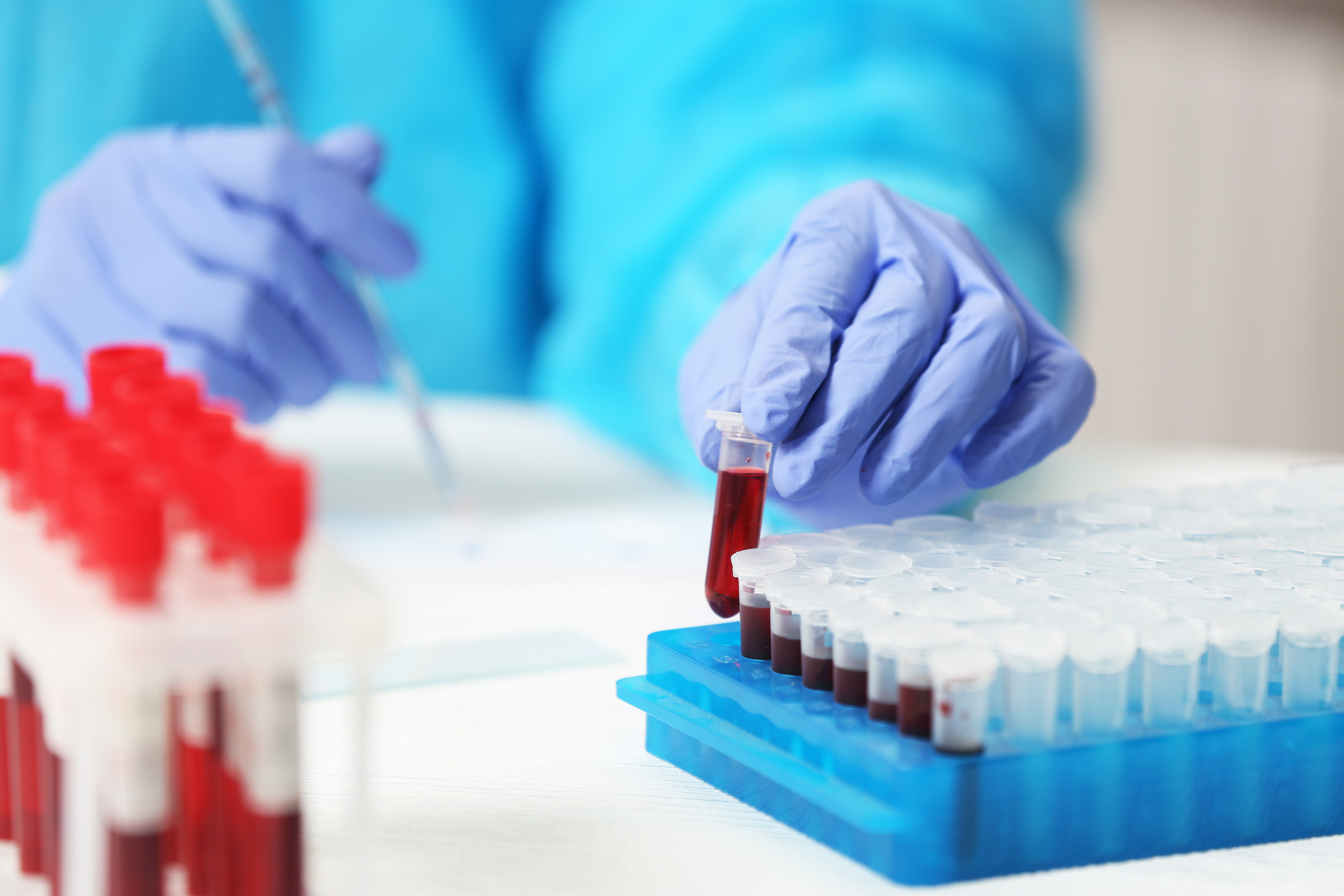The Transformative Solution
Hoping to expedite the development of new medical treatments by jointly identifying and validating new disease therapies, the National Institutes of Neurological Disorders and Stroke (NINDS) Parkinson's Disease Biomarker Program (PDBP) partnered with Publicis Sapient. The aim was to establish new ways of documenting, sharing, and leveraging data. Together, they are using existing NIH program resources, modular new protocols, and transformative industry change management to develop an exponentially more productive global research collaborative.
Through the use of data transformation templates, machine learning, and proprietary software, Publicis Sapient is helping the NINDS PDBP improve the way the research community is capturing, sharing, and leveraging data across the research community:
- Optimizing data acquisition standards
- Centralizing biospecimens for more in-depth, targeted analysis
- Expanding identifier capabilities
- Increasing industry collaboration and coordination
- Building a more thorough shared data set for enterprise advancement
This collaborative and long-standing partnership has also led to the recent design and delivery of the AMP PD public-facing website and user management resource — a critical new tool that now ensures proper outreach and user acquisition for the Accelerating Medicines Partnership Parkinson's disease (AMP PD) program.












